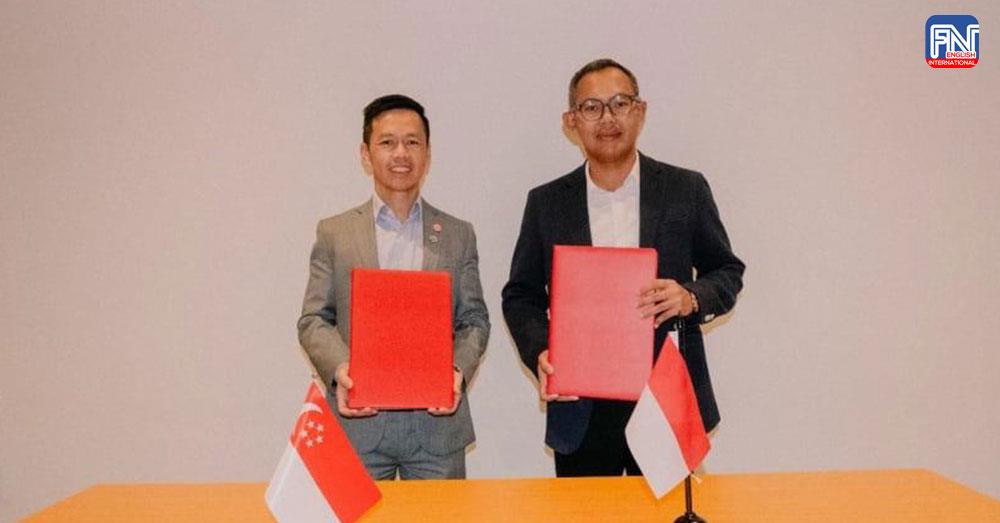JAKARTA, Feb. 15 (CNA) - Singapore has become the first country to sign a letter of intent (LOI) with Indonesia on cross-border collaboration on capture and storage of carbon dioxide (CCS) following a new Indonesian law to allow it, the governments said on Thursday (Feb 15).
Indonesia, which sees potential to develop its upstream natural gas sector and CCS as part of the global transition to greener fuel, last month issued a presidential regulation allowing CCS operators to allocate 30 per cent of their storage capacity for imported carbon dioxide (CO2).
Singapore, with its goal of net zero emissions by 2050, is looking at exploring low-carbon technological pathways such as hydrogen and CCS as part of a suite of mitigation measures.
Singapore and Indonesia will form a working group to seek a legally binding bilateral agreement on the cross-border transport and storage of CO2 between the neighbouring countries, a joint statement on Thursday.
The outline deal marked "a significant milestone in our efforts towards sustainable development and environmental stewardship," Jodi Mahardi, Indonesia's deputy coordinating minister overseeing energy, told Reuters.
"Cross-border carbon capture and storage is an emerging solution in Asia, and supports Singapore's transition towards a low-carbon future," said Singapore's Ministry of Trade and Industry (MTI) deputy secretary Keith Tan in the joint statement.
"With this LOI, Singapore and Indonesia can become the pathfinders to catalyse deployment of cross-border CCS projects in Southeast Asia," he said.
CCS is the process of capturing, transporting and storing the CO2 that is produced as a byproduct from other activities, such as power generation.
The CO2 that is captured will therefore not be released into the atmosphere, providing a pathway to decarbonise emissions from hard-to-abate sectors such as energy and chemicals, and power.
According to the International Energy Agency, global carbon capture utilisation and storage facilities will have to increase their capacity to around 1 gigatonne per annum (gtpa) by 2030 and 6 gtpa by 2050 in order to achieve net zero emissions by 2050.
An estimated 40 million tonnes of carbon dioxide was captured and stored worldwide in 2022.
Critics say CCS is an expensive and unproven technology, but Indonesia is keen to become a hub for CO2 storage in the region.
Its government says the archipelago has over 400 gigatonnes of storage capacity in the form of depleted oil and gas reservoirs and saline aquifers.
It also says, the country has 15 CCS and carbon capture, storage and utilisation projects in various stages of preparation with a combined investment of nearly US$8 billion.
As part of the its Sustainable Jurong Island plans announced in November 2021, Singapore aims to achieve 2 million tonnes per annum (mtpa) of carbon capture by 2030 and 6 mtpa by 2050.
There are currently no cross-border CCS projects in Asia, though countries such as South Korea and Japan have announced plans to implement cross-border CCS projects.

Photo from CNA




